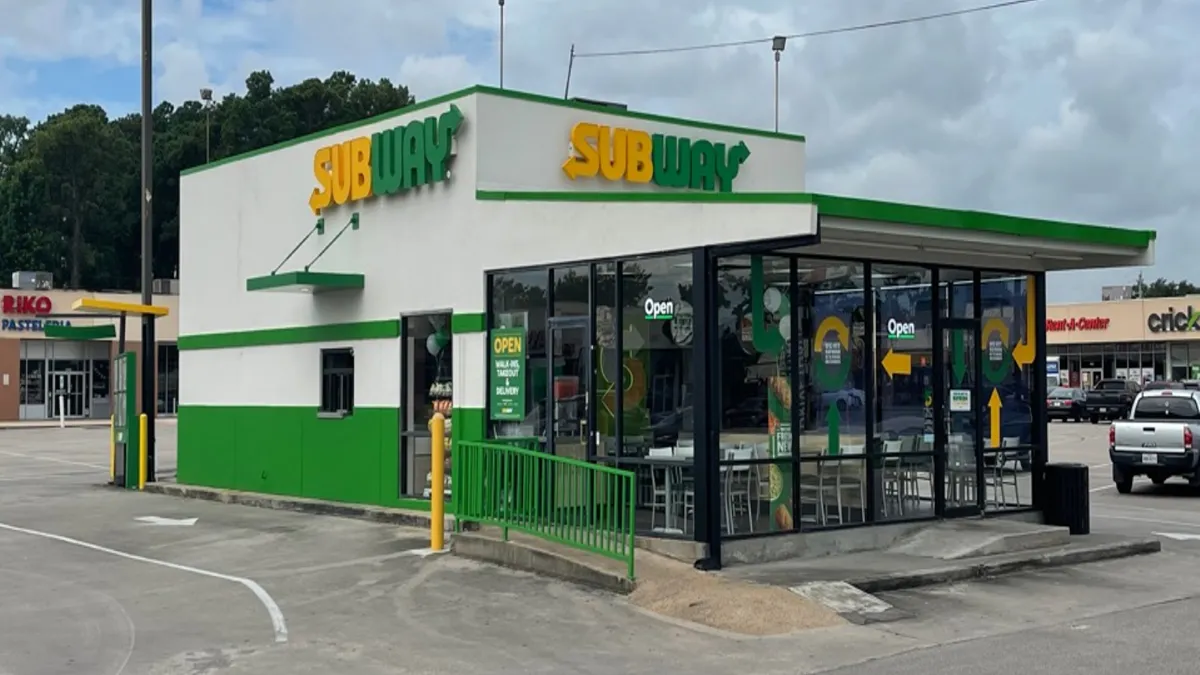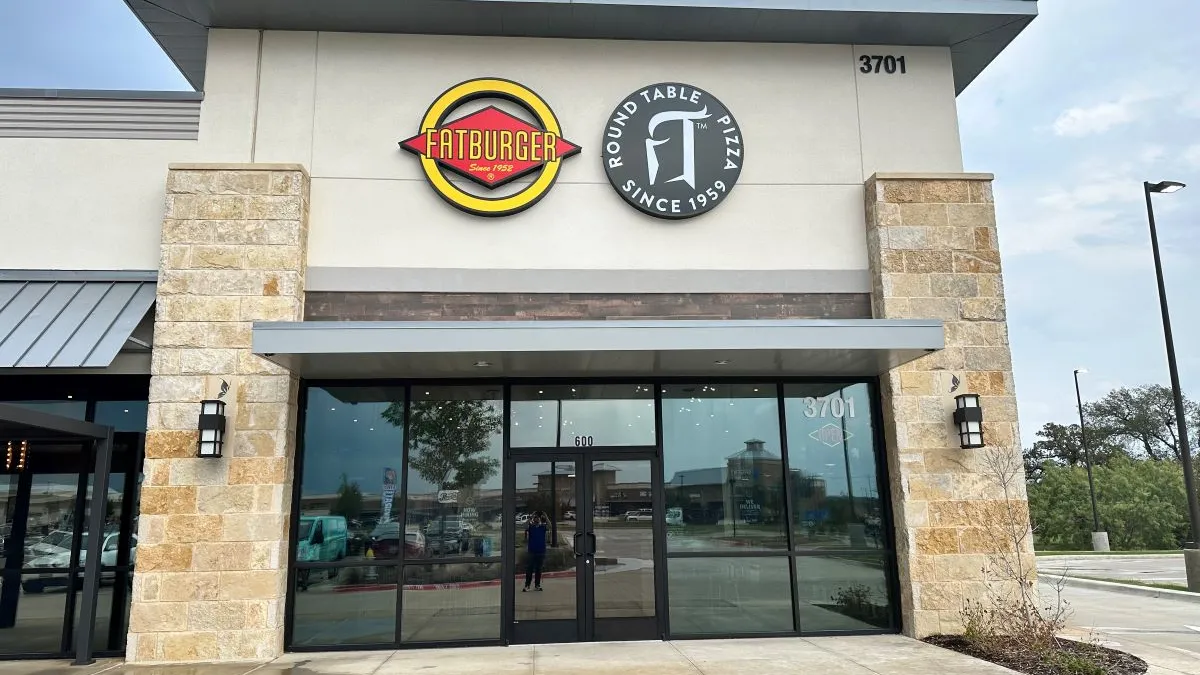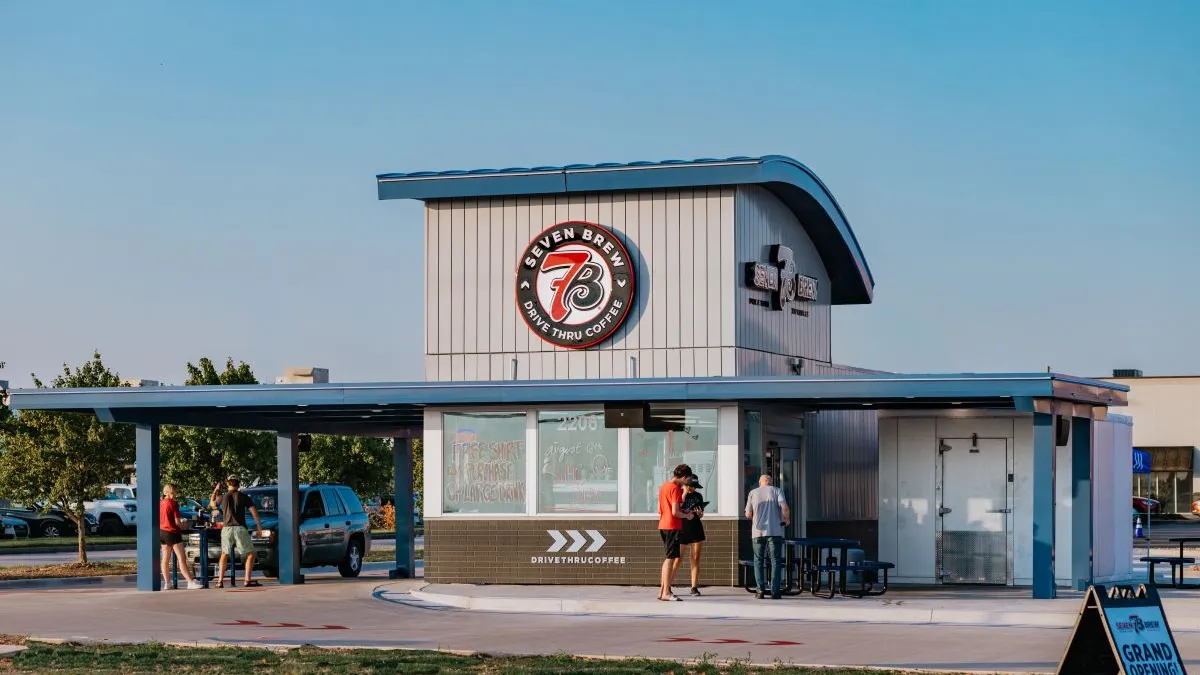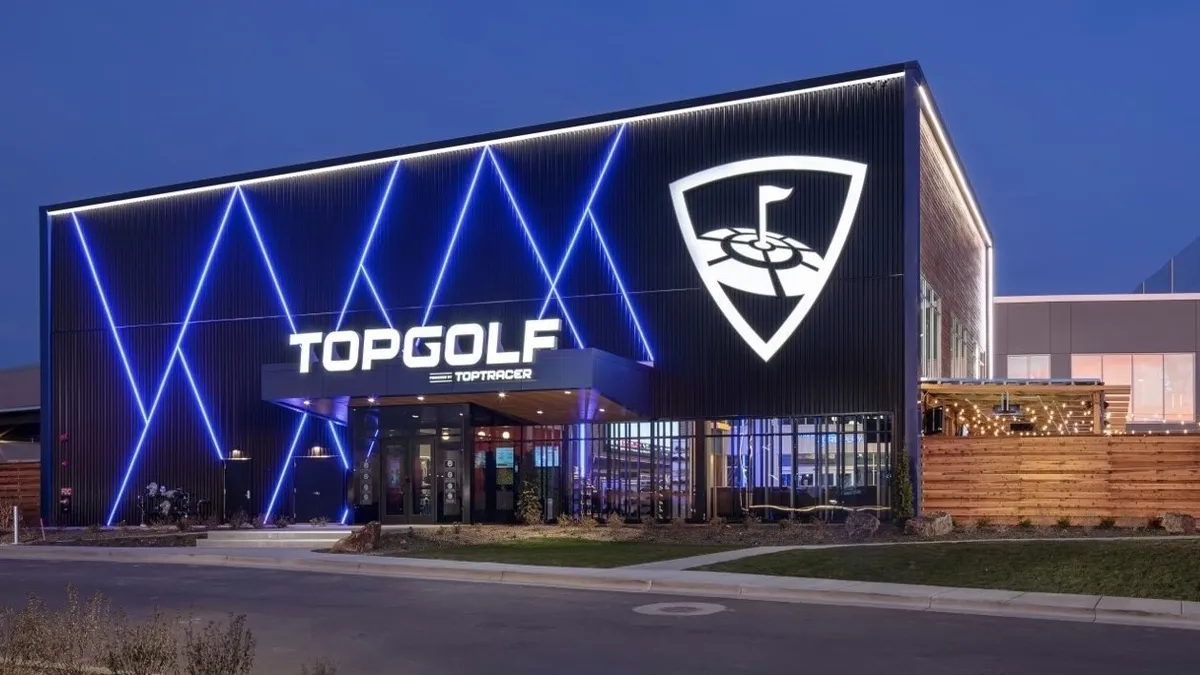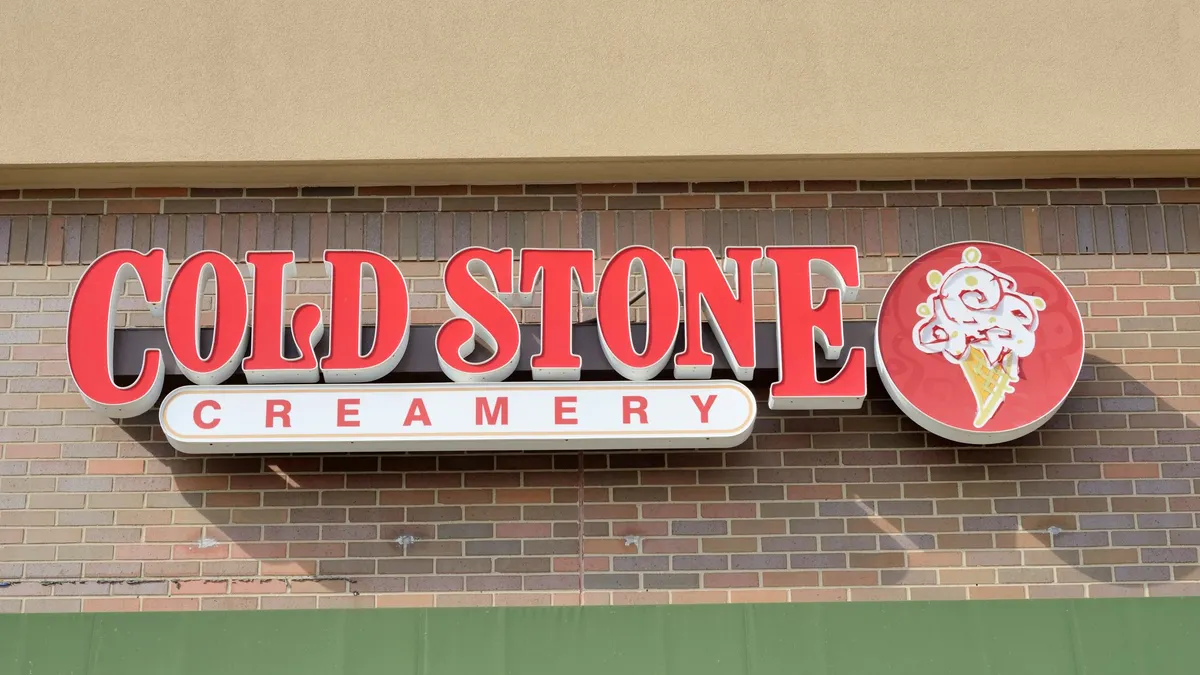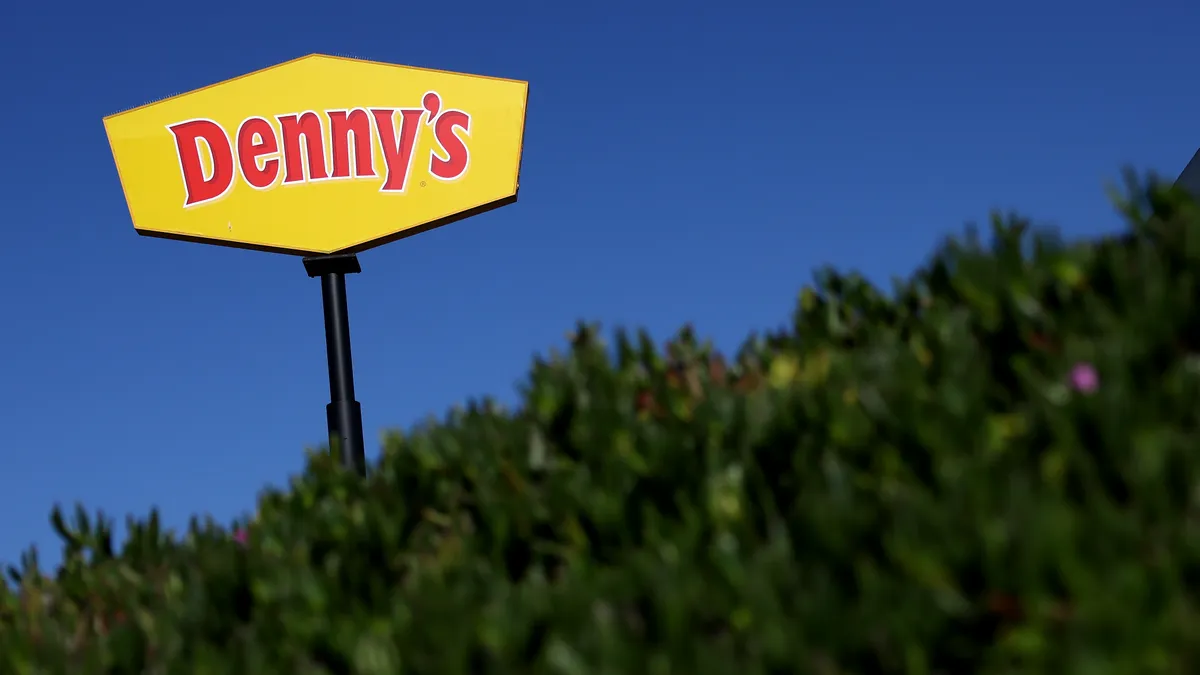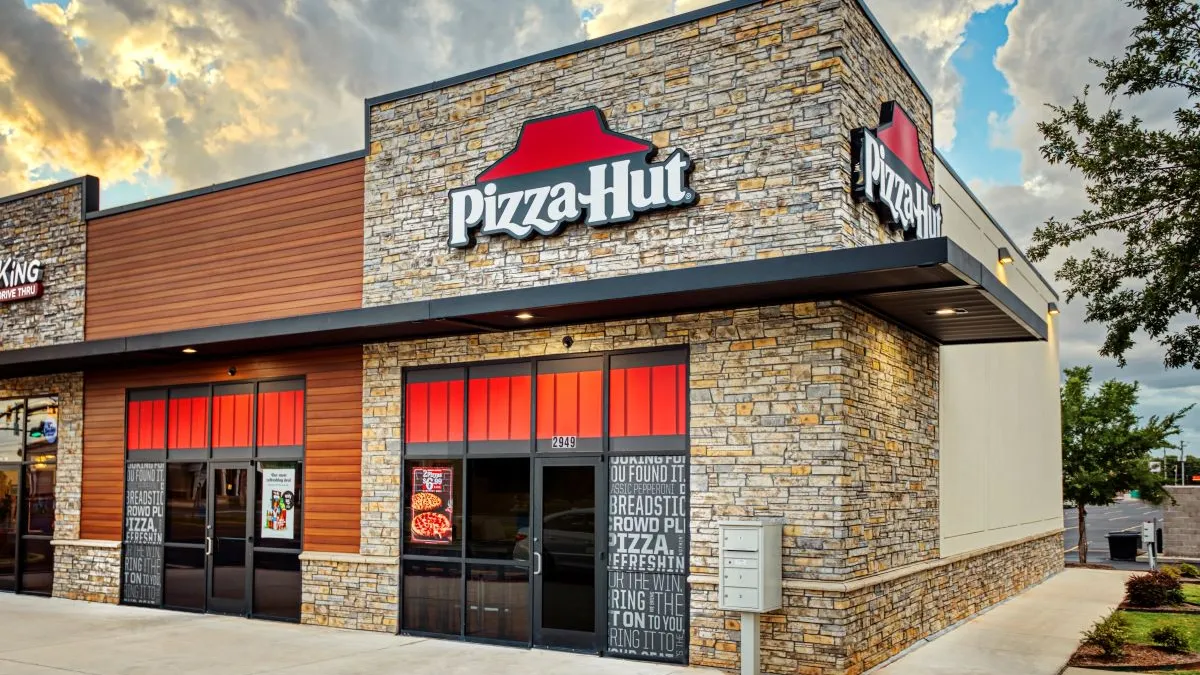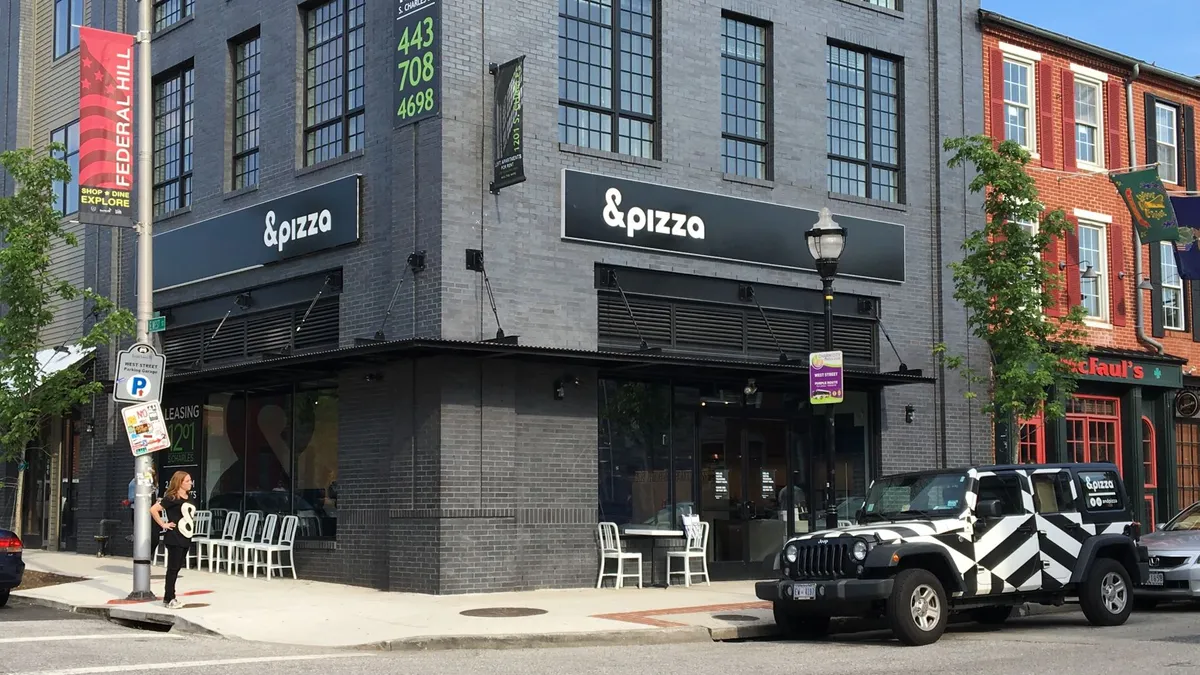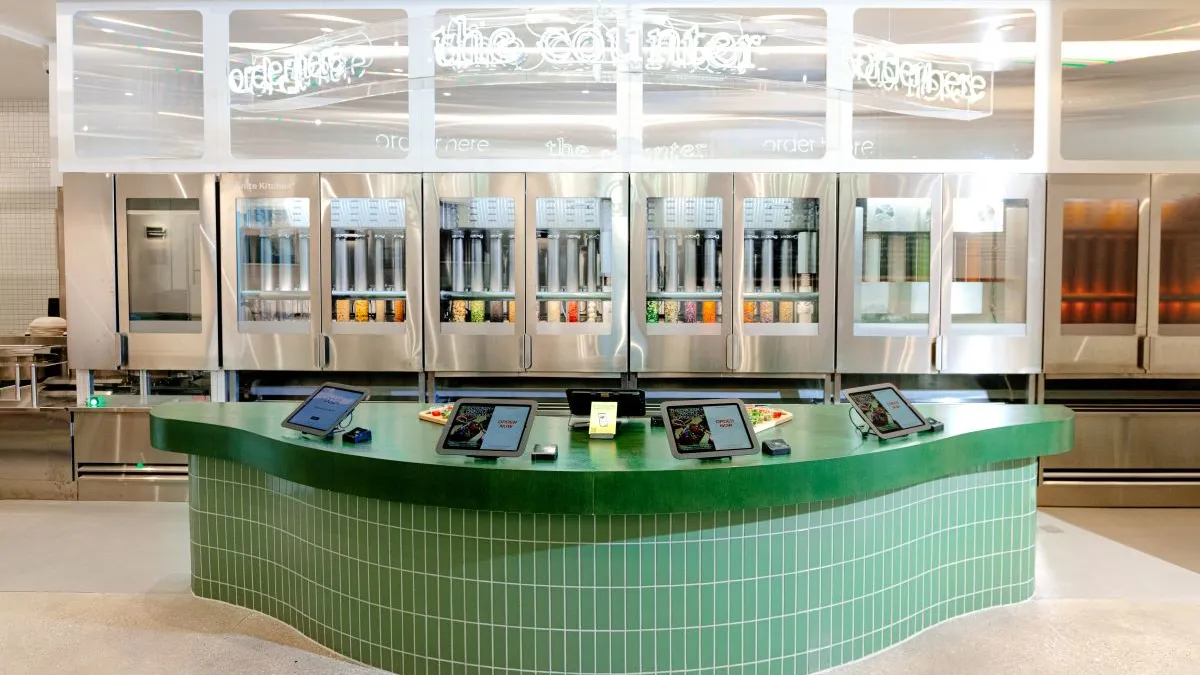Merger and acquisition activity was muted this year due to high interest rates, but the deals that did go through were substantial. Subway agreed to sell itself to Roark Capital for about $9.5 billion, after months of searching for a buyer willing to pay the high price. Darden purchased Ruth’s Hospitality Group for $715 million. Fat Brands bought Smokey Bones, marking its 18th acquisition to date.
“The first half of the year was super quiet,” Josh Benn, head of Americas M&A advisory and global head of consumer corporate finance at Kroll, said during the Restaurant Finance and Development Conference in November. “Q4 2022 was among the quietest periods of time I can remember. In May and June, we started to see a lot of new activity percolating. This year overall, M&A activity has been down materially.”
In Q3 2023, about $11.5 billion of transactions closed, which is 80% of total restaurant M&A for the entire year, he said. This includes Subway, which is skewing the total. The Subway/Roark deal has hit a potential snag following interest from the Federal Trade Commission and the Senate over the creation of a sandwich monopoly.
The third quarter’s uptick in dealmaking portends a busier year in 2024, Benn said.
“There is a lot of additional activity in the market,” Benn said. “As we turn into the new year, I think we’ll see a lot more volume of activity — both stuff that needs to happen and transactions that people have been sitting on and not wanting to go to the market [with] because the market hasn’t been awesome.”
Private equity has been particularly discerning about deals, meaning there is zero margin for error for businesses that put themselves up for sale, he said.
“Any issue, whether it’s a concentration issue, whether it's a weakness in management issue, whether it’s a same-store sales and traffic issue, whatever the challenge is, [you have to get] ahead of those things,” Benn said. “Doing more work upfront is absolutely critical because once you lose momentum in the process, you’re dead.”
Strategic buyers are becoming more interested in building out portfolios, Matt DiFrisco, managing director at Wells Fargo, said during the RFDC conference. A few years ago, The Cheesecake Factory became a strategic buyer, for example, when it purchased Fox Concepts in 2019.
“There’s more than just Darden in the casual space looking for portfolio approaches,” DeFrisco said. “Brands like Darden see the benefit of adding to portfolios. They look at that as far as the efficiency and scale that is gained and how that’s a competitive advantage. At the end of the day, it helps them to have lower operating costs, which brings value on the plate, which drives traffic.”
Check out how M&A activity from private equity firms and strategic buyers shook out in 2023.
Buyer: Roark Capital
Brand: Subway
Sales price: $9.5 billion
Roark entered a definitive agreement to buy Subway in August after the sandwich chain put itself up for sale in February. It was a slow sale since Subway was seeking a buyer willing to pay a hefty sum. JP Morgan Chase & Co., Subway's financial advisor, even created a $5 billion debt financing plan in May to help support the $10 billion price tag. Roughly $10 billion wasn’t out of the realm of possibility for Roark as it bought Dunkin’ for $11.3 billion under its Inspire Brands platform in 2020.
Roark’s buyout isn’t yet a done deal. Reports came out last month that the U.S. Federal Trade Commission appeared concerned that the private equity company’s purchase could lead to a sandwich chain monopoly — Roark already owns Arby’s, Jimmy John’s, McAliser’s Deli and Schlotzky’s under Inspire Brands. However, Seeking Alpha reported Tuesday that the FTC is likely to approve the buyout.
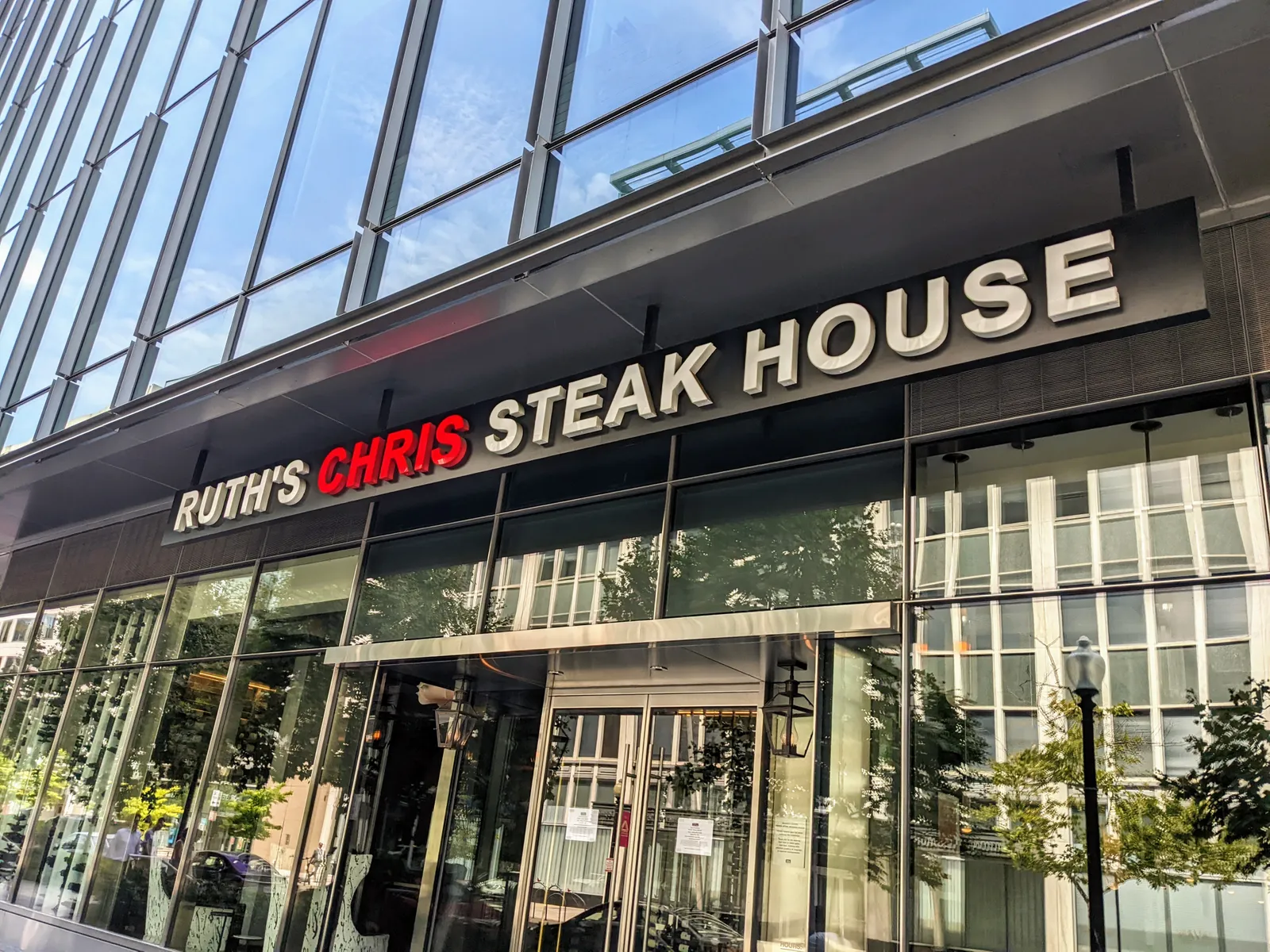
Buyer: Darden
Brand: Ruth’s Hospitality Group
Sales price: $715 million
Darden completed its acquisition of Ruth’s in June, making it the ninth brand in its portfolio. Ruth’s Chris has 155 locations around the globe, split between 81 company-owned and 74 franchised restaurants. Darden has been working on various initiatives to bring Ruth’s into the fold, including preserving the team member culture of Ruth’s Chris, especially since it has many long-tenured staff members, Darden CEO Rick Cardenas said during the company's September earnings call. The company also wants to strengthen the guest experience, and plans to migrate Ruth’s under its platform and convert stores over to using Darden’s systems and processes, which is expected to take about nine months.
“We now expect to realize more synergies than we originally anticipated and we plan to reinvest some of them in the guest and team member experience,” Cardenas said.
The company anticipates $35 million in synergies compared to its original estimate of $20 million gross run rates, said Darden CFO Raj Wennam. Darden plans to invest $10 million in the business, resulting in net run rate synergies of $25 million.
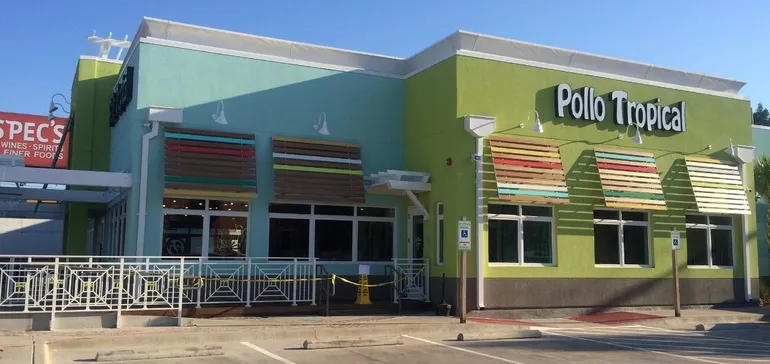
Buyer: Authentic Restaurant Brands
Brand: Fiesta Restaurant Group
Sales price: $220 million
Fiesta Restaurant Group faced growing net losses in 2022, which totaled $14.6 million. By the end of the first half of 2023, it recognized a net income of nearly $2 million due to rising restaurant sales, lower general and administrative expenses and lower impairment costs. Same-stores sales grew 9.2% during the second quarter. In 2021, Fiesta sold its Taco Cabana brand to YTC Enterprises for $85 million to reduce its debt.
Fiesta President and CEO Dirk Montgomery overhauled the restaurant company in recent quarters to boost transactions and grow margins. Improvements included employee training to improve various areas like the guest experience, food quality, speed and accuracy. It also has been developing new training modules to create more efficient operations. The company has since seen improvements to speed of service, guest satisfaction and a reduction in turnover among hourly staff and management.
These improvements helped make it an attractive seller, which drew interest from Authentic Restaurant Group to enter into a deal in August. The acquisition was completed in November and Fiesta has since gone private, per SEC filings.
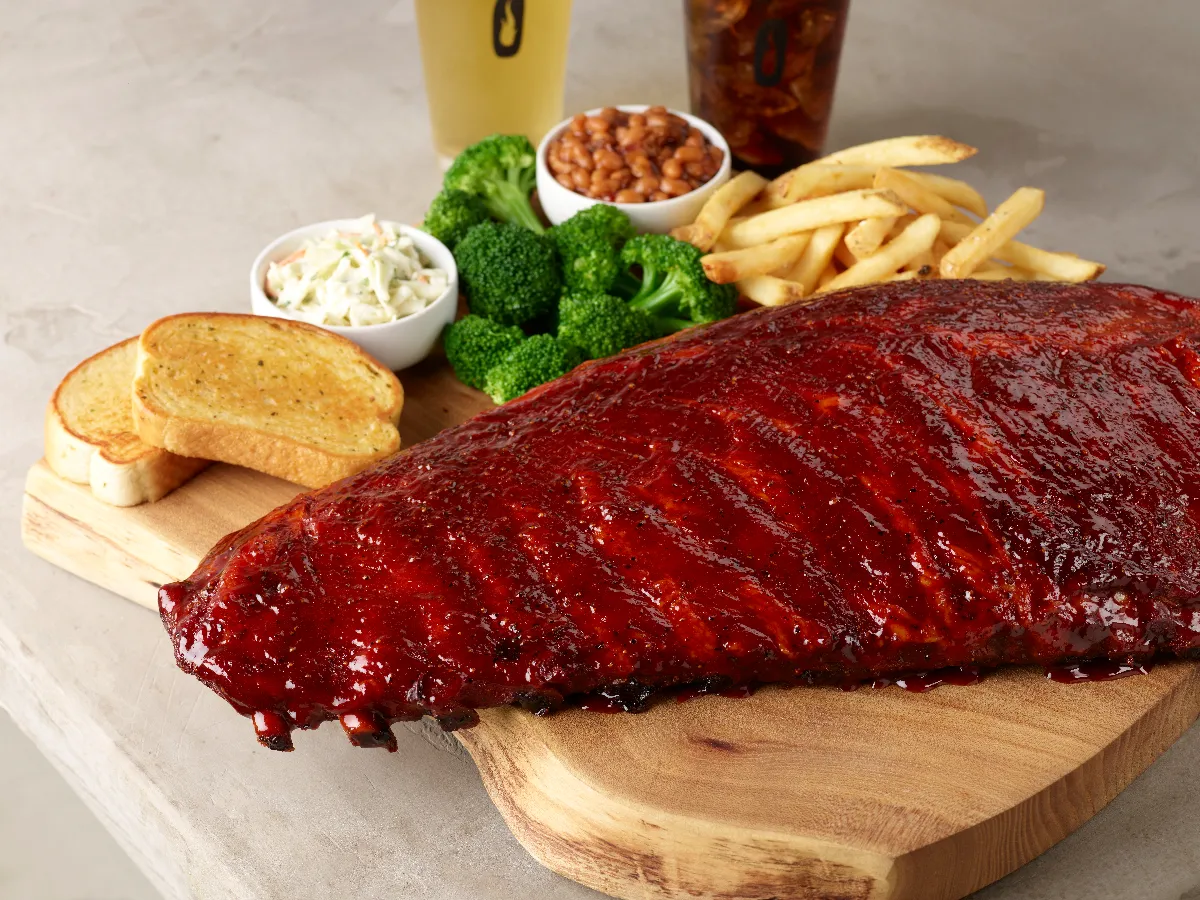
Buyer: Fat Brands
Brand: Smokey Bones
Price: $30 million
Fat Brands bought its first barbecue brand, Smokey Bones Bar & Fire Grill. The brand fits into what Fat calls “polished casual dining,” which includes Twin Peaks. Smokey Bones has at least 61 company-owned locations across 16 states and is expected to increase Fat’s annual adjusted EBITDA by about $10 million, Andy Wiederhorn, Fat’s executive chairman, said during the company’s November earnings call.
“Adding a strong player in the barbecue space like Smokey Bones provides our sales team with more development options to offer franchise partners so that they can further their new unit growth,” Wiederhorn said. “We plan to work hard and hand-in-hand with the Smokey Bones’ leadership team to grow the concept through our franchising model. And through our re-franchising strategy, we have plans to build Smokey Bones back to the location count it once had, approximately 120 units.”
A handful of Fat franchisees have already said they are interested in acquiring existing Smokey Bones restaurants, Wiederhorn said. The chain has average unit volumes of over $3 million and “prime real estate locations,” which could allow for conversions to the Twin Peaks brand. Fat plans to selectively convert 30 to 40 Smokey Bones, where appropriate, that can help enhance the Twin Beaks brand. These conversions are expected to take nine months, compared to the 2.5 years it takes to construct a Twin Peaks restaurant from the ground up.
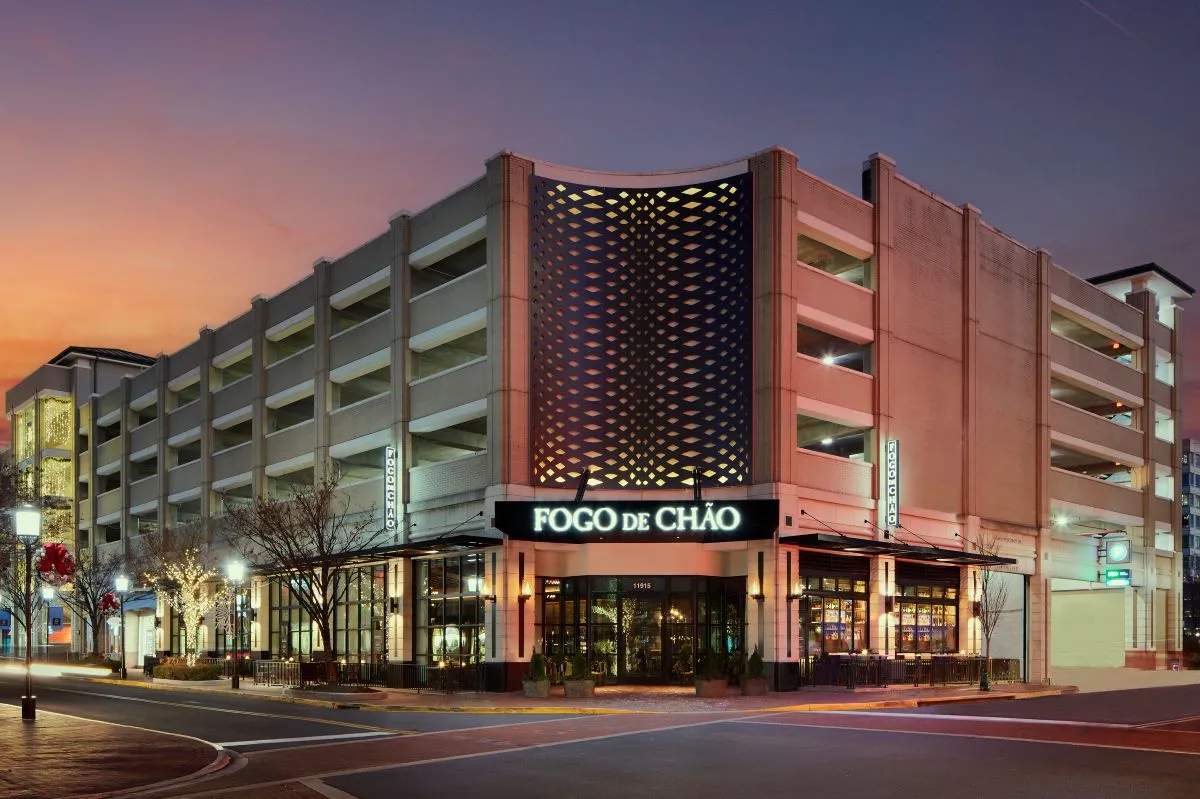
Buyer: Bain Capital
Brand: Fogo de Chão
Price: Undisclosed
Earlier this year, there were rumors that Rhône Capital was considering a plan for Fogo de Chão to return to the public markets. But Fogo’s acquisition by Bain Capital rendered those plans moot in the near term. Rhône Capital bought the brand for $560 million in 2018, in a transaction that took Fogo private.
Under Bain Capital, the Brazilian chain plans to accelerate growth. While owned by Rhone, the brand grew to 76 locations and reached an annual growth rate of 15%. In September, Fogo said it signed 10 new leases, in addition to 12 previously signed leases, that would support this annual growth rate for the third year in a row. The chain said it would open these 10 new locations during the second half of 2023 and into 2024.



